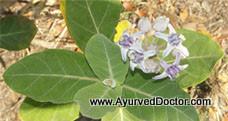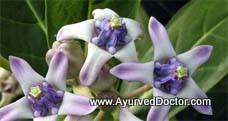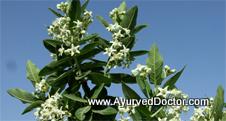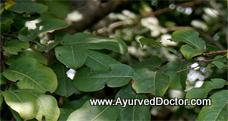Many don’t like the taste of Bitter Gourd(Karela) because of its extremely bitter taste. Children hate to have any curry in their plate made up of Bitter Gourd. But research says BitterGourd is many ways beneficial for the human. It has many vitamins and nutrients which help in building a healthy living. It is also known for its benefits in case of diabetics.This is also known to be helpful in Piles.
Below are a few points which may help you love the vegetable, i.e Bitter Gourd (Karela).
- Karela is known for its goodness to improve the immune system in the human body.
- Regular intake of Bitter Gourd as part of your diet is extremely helpful in eliminating skin aliments like psoriasis and other skin infections(Ringworm, athlete’s foot, etc.).
- If you are suffering from Cholera, here is a home remedy. Take two tablespoons of Bitter Gourd Juice(Karela Juice) along with equal amount of Onion and Lime juice. Take this home remedy twice daily. (Remember you can use this home remedy if the diseases is diagnosed in its early stage).

- Bitter Gourd is beneficial for Piles too. Take two tablespoons of Bitter Gourd Juice and mix it with a glass of buttermilk. Take this preparation thrice a day.
- For diabetic patients, BitterGourd is a blessing. There is a natural compound found in Bitter Gourd(Karela), i.e., hypoglycemic, which is known for its effectiveness to control sugar level in blood. It helps in glucose tolerance in the human body.
- Beta-carotene is found in Bitter Gourd, which is beneficial for healthy eyes.
If you see all the benefits discussed above, Bitter Gourd should be called Better Gourd.

 under the eyes. Apart from lightening the dark circles, cucumber also adds a distinct smooth touch to your skin, gives a refreshing sensation and helps you to feel relaxed. Apply slices of cucumber every 5-10 minutes and then see the effects. In the same way, you can also make use of potato slices.
under the eyes. Apart from lightening the dark circles, cucumber also adds a distinct smooth touch to your skin, gives a refreshing sensation and helps you to feel relaxed. Apply slices of cucumber every 5-10 minutes and then see the effects. In the same way, you can also make use of potato slices.




